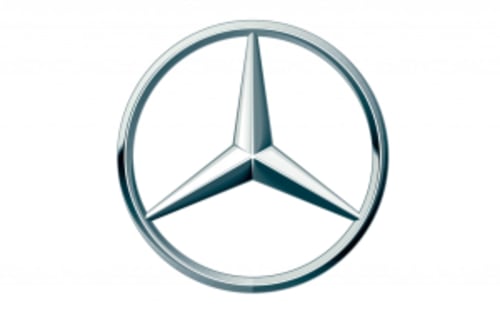Information and electric vehicles of the [object Object] brand
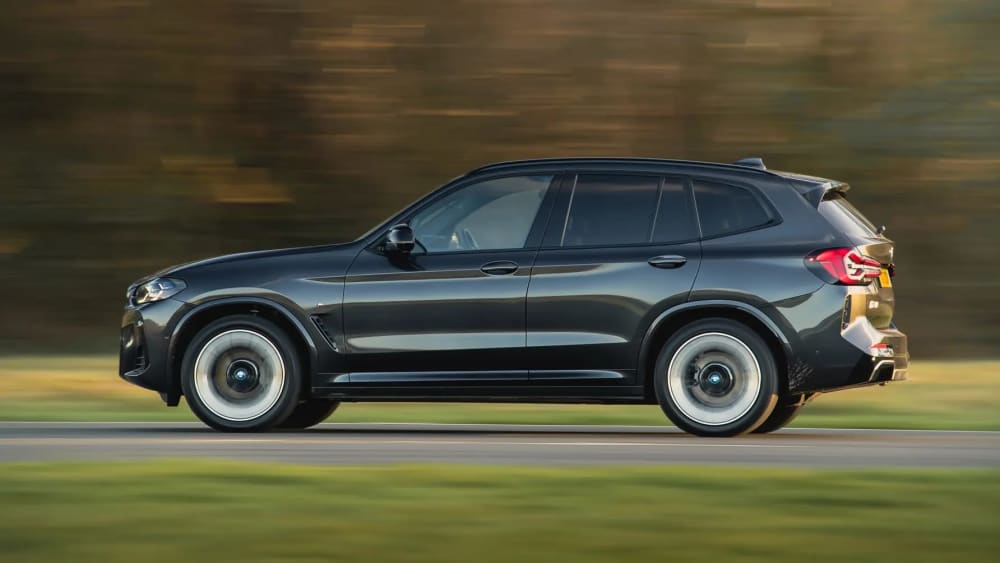
![[object Object] logo](https://res.cloudinary.com/donyiousk/image/upload/w_80/f_auto/c_scale,w_500/v1/car/rcejt6kiiwqfjgjj9bh7)
Bmw
Leave the gas, keep the grin.

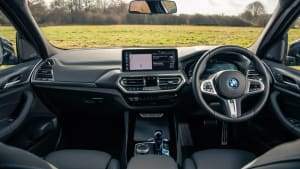
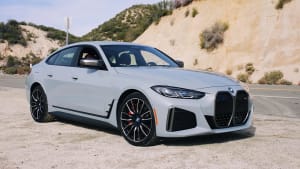
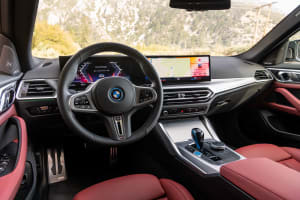
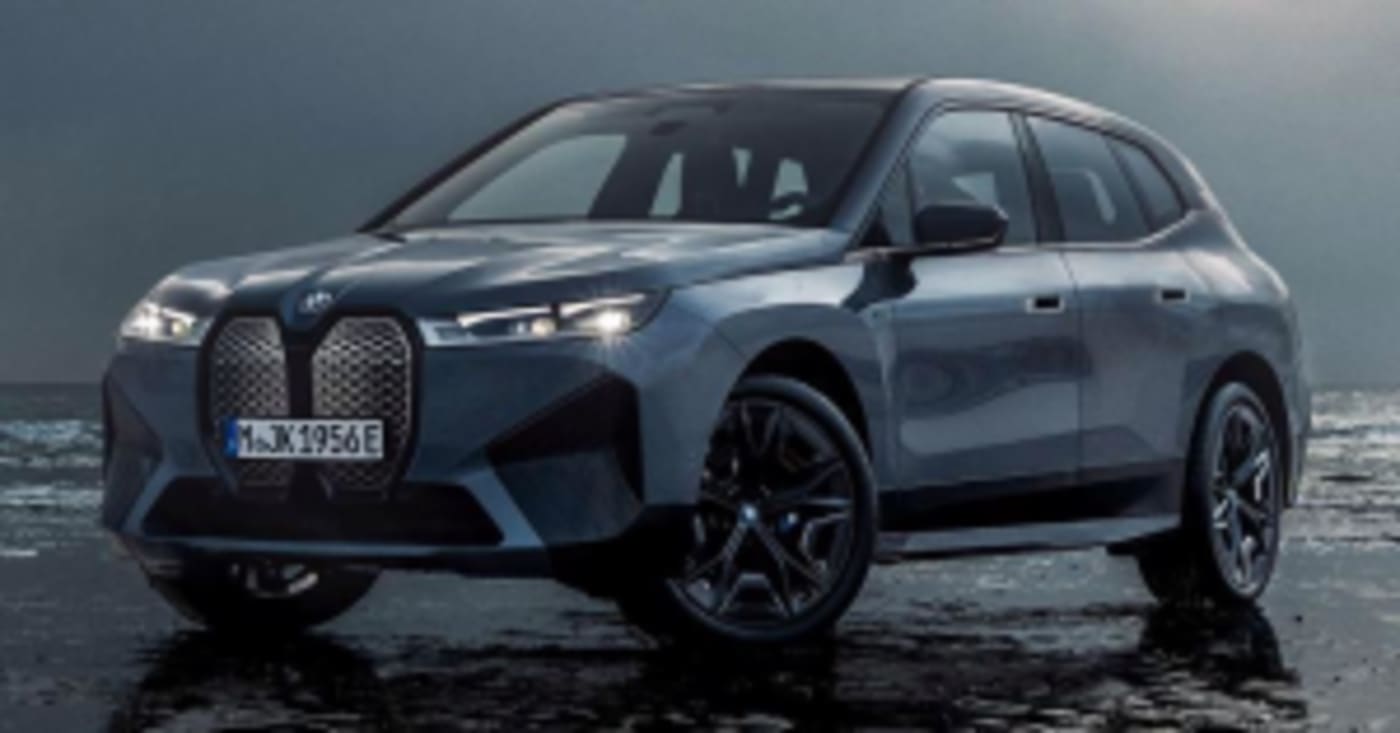
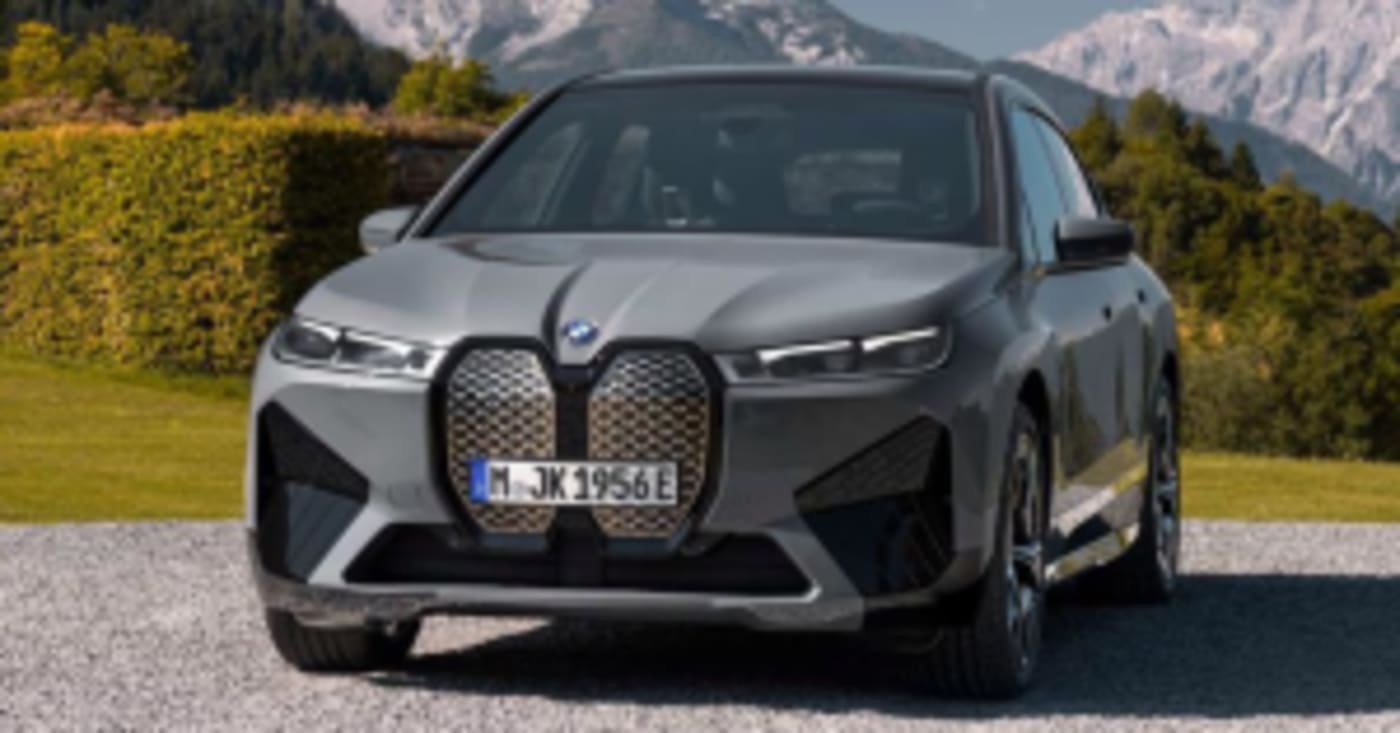
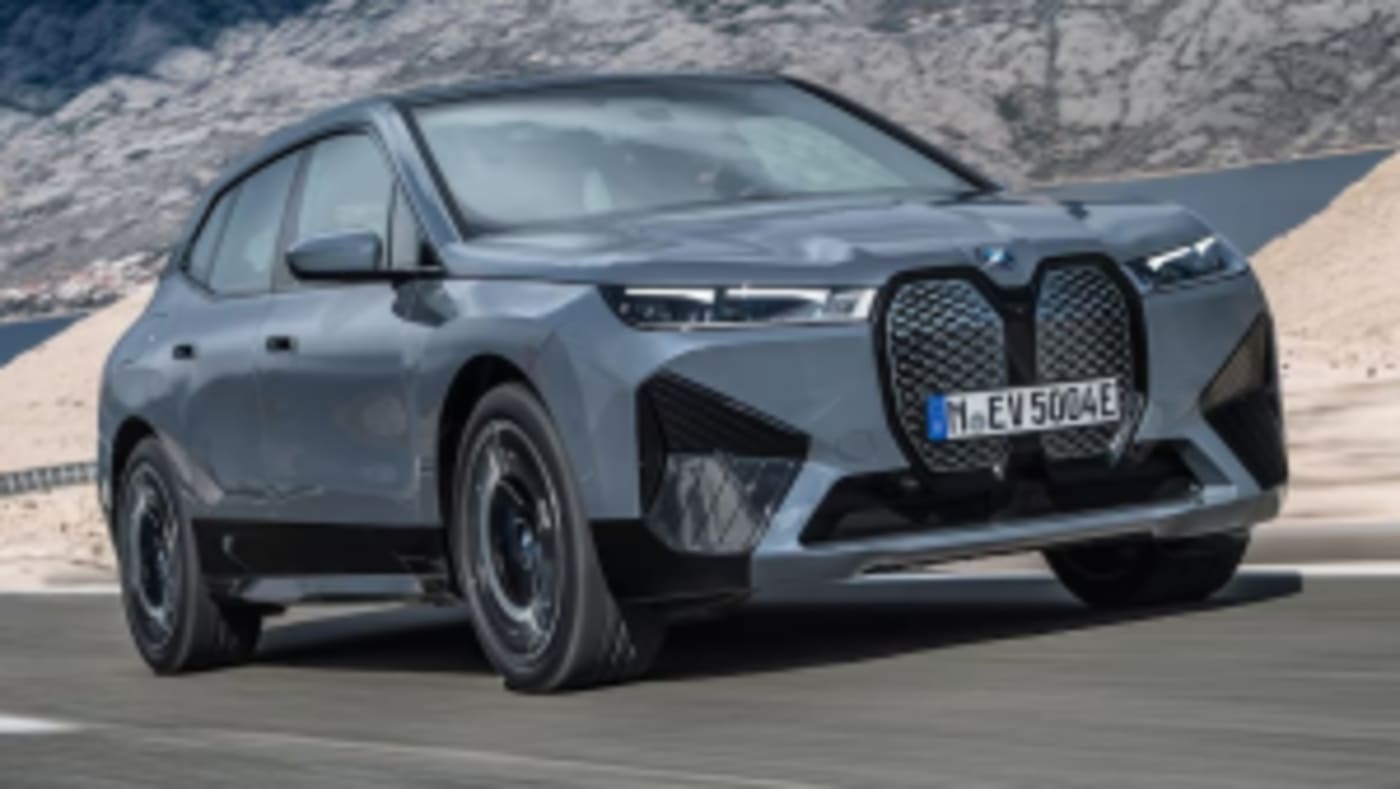
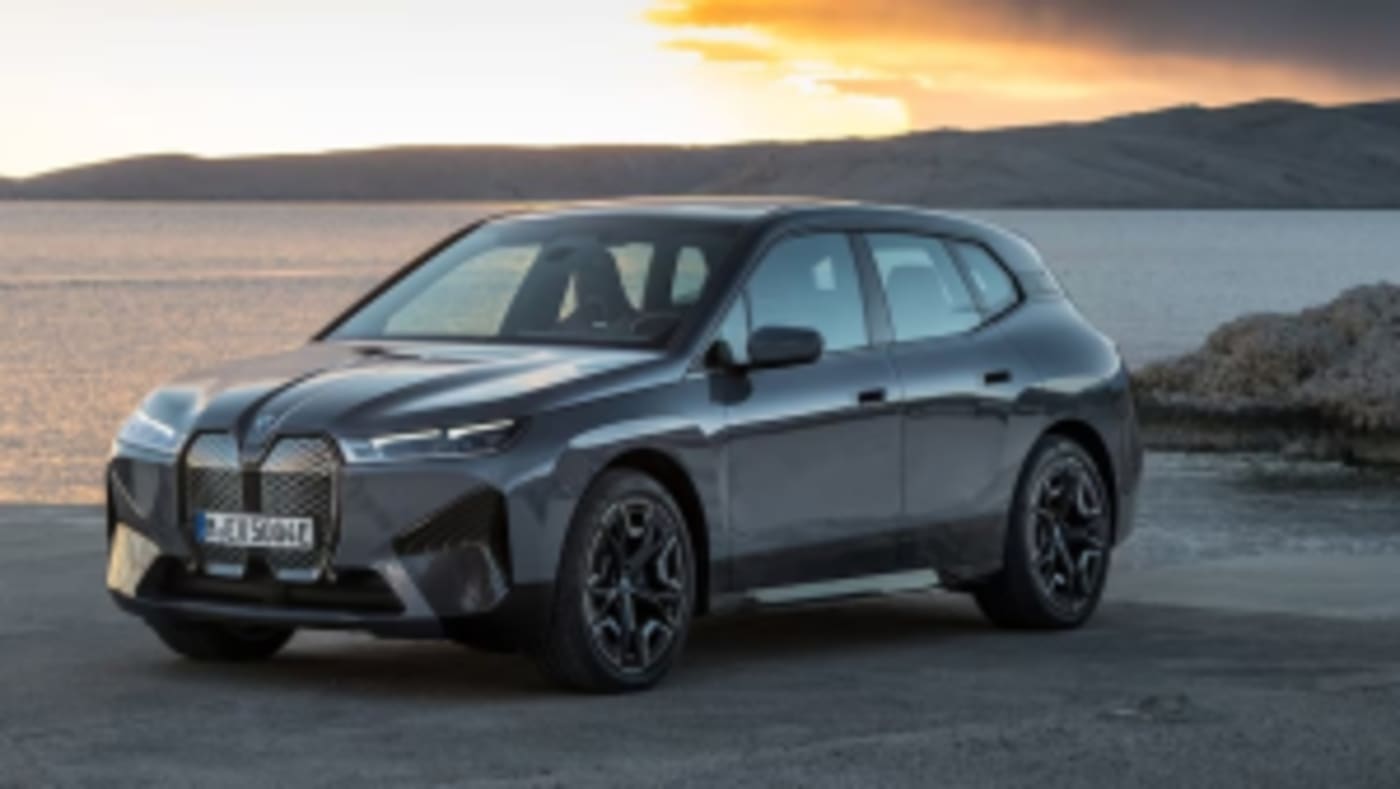


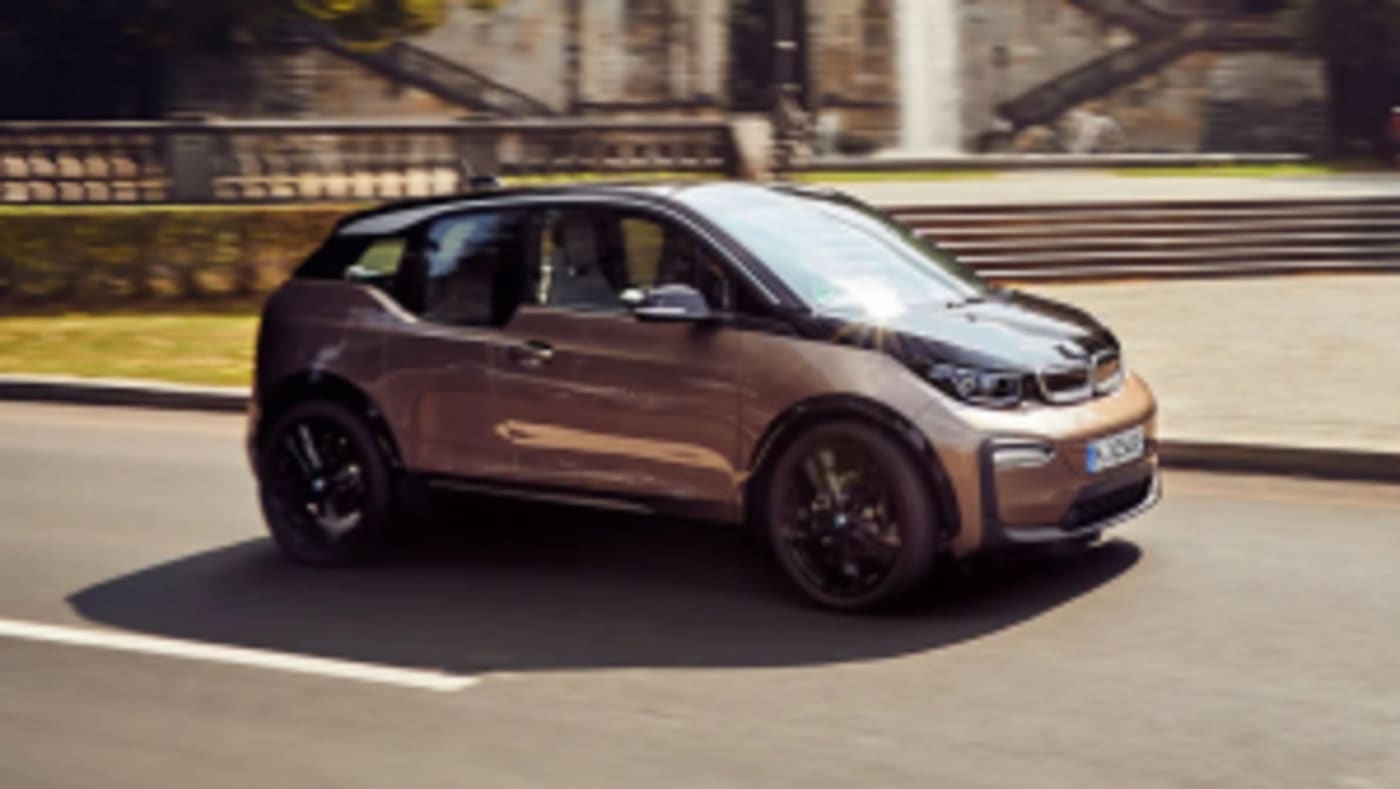
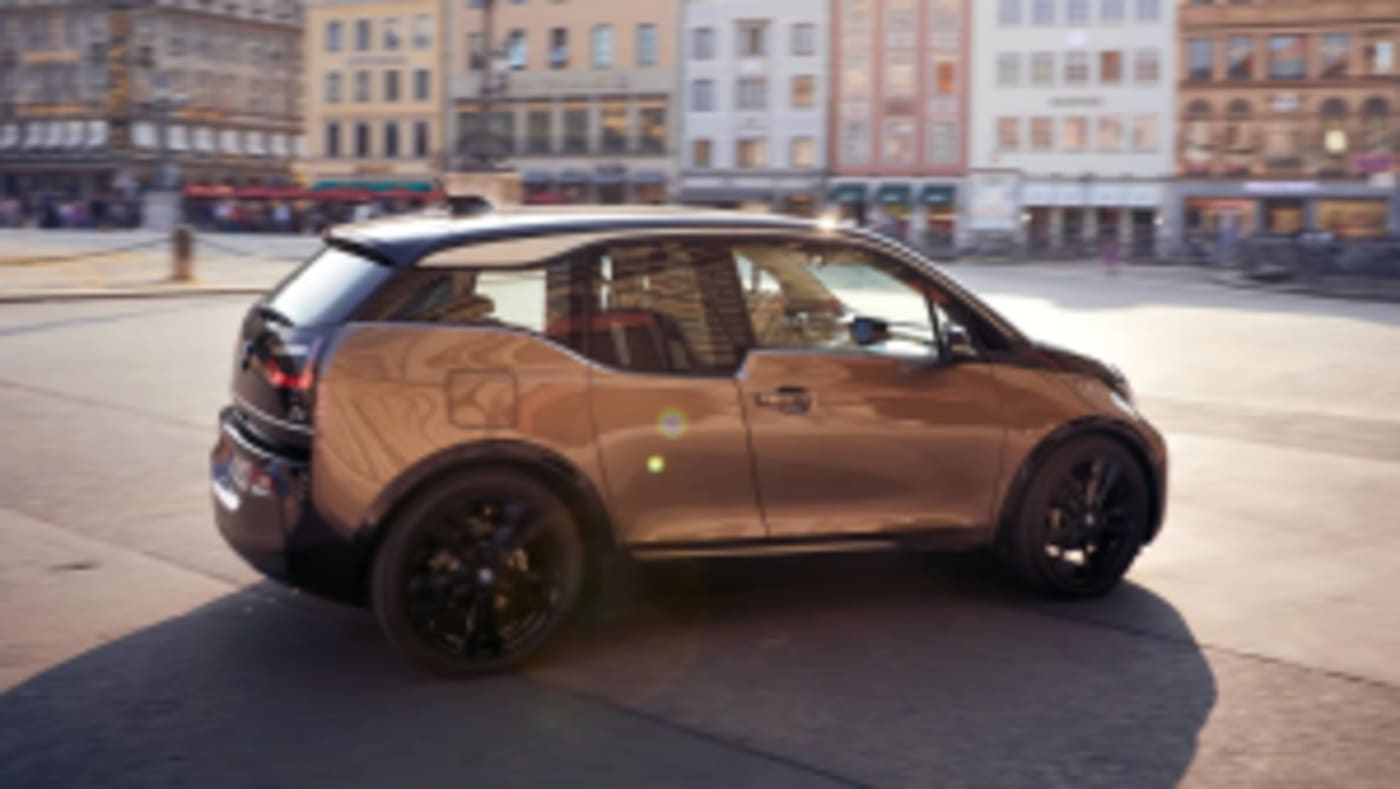
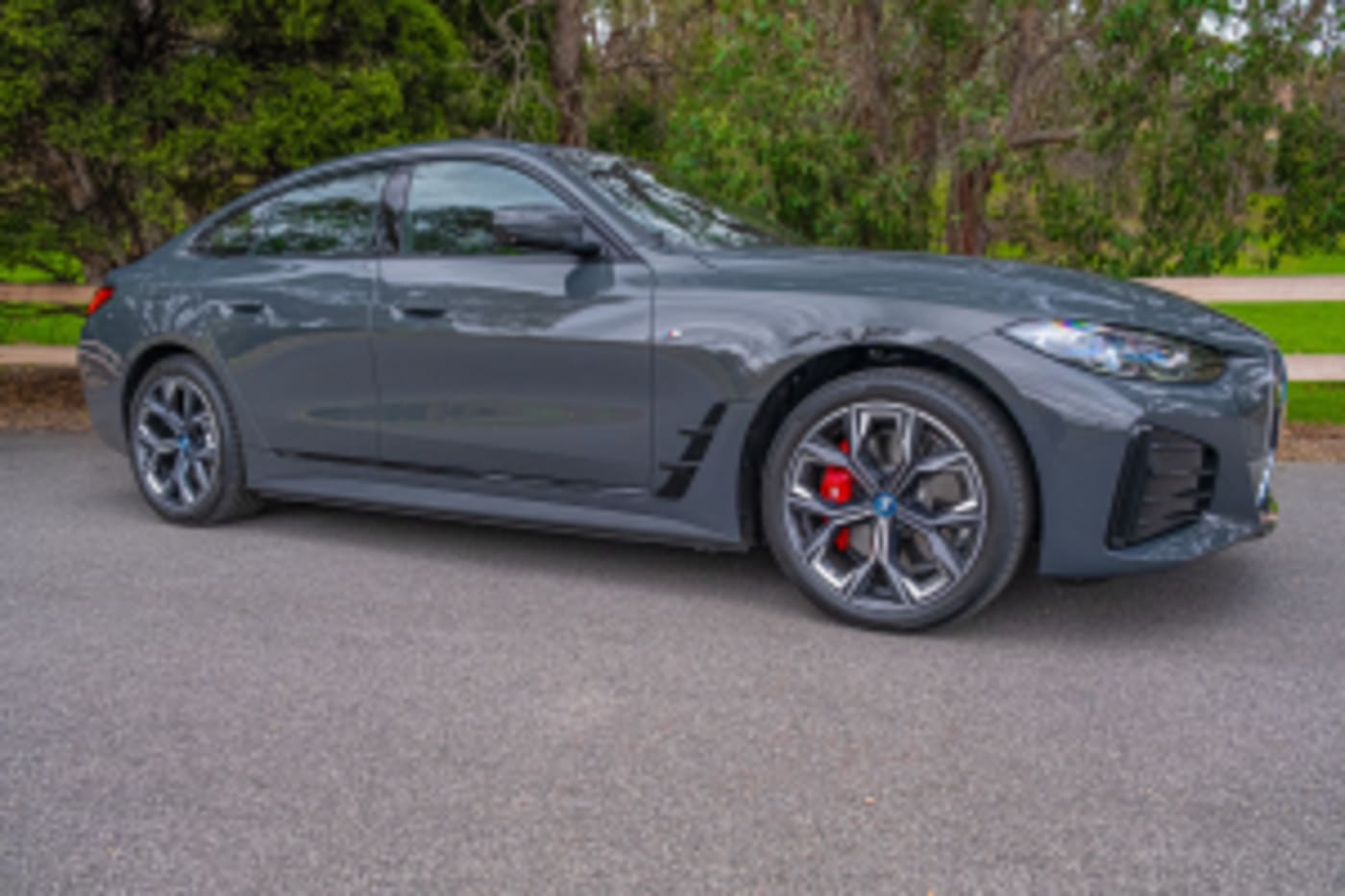

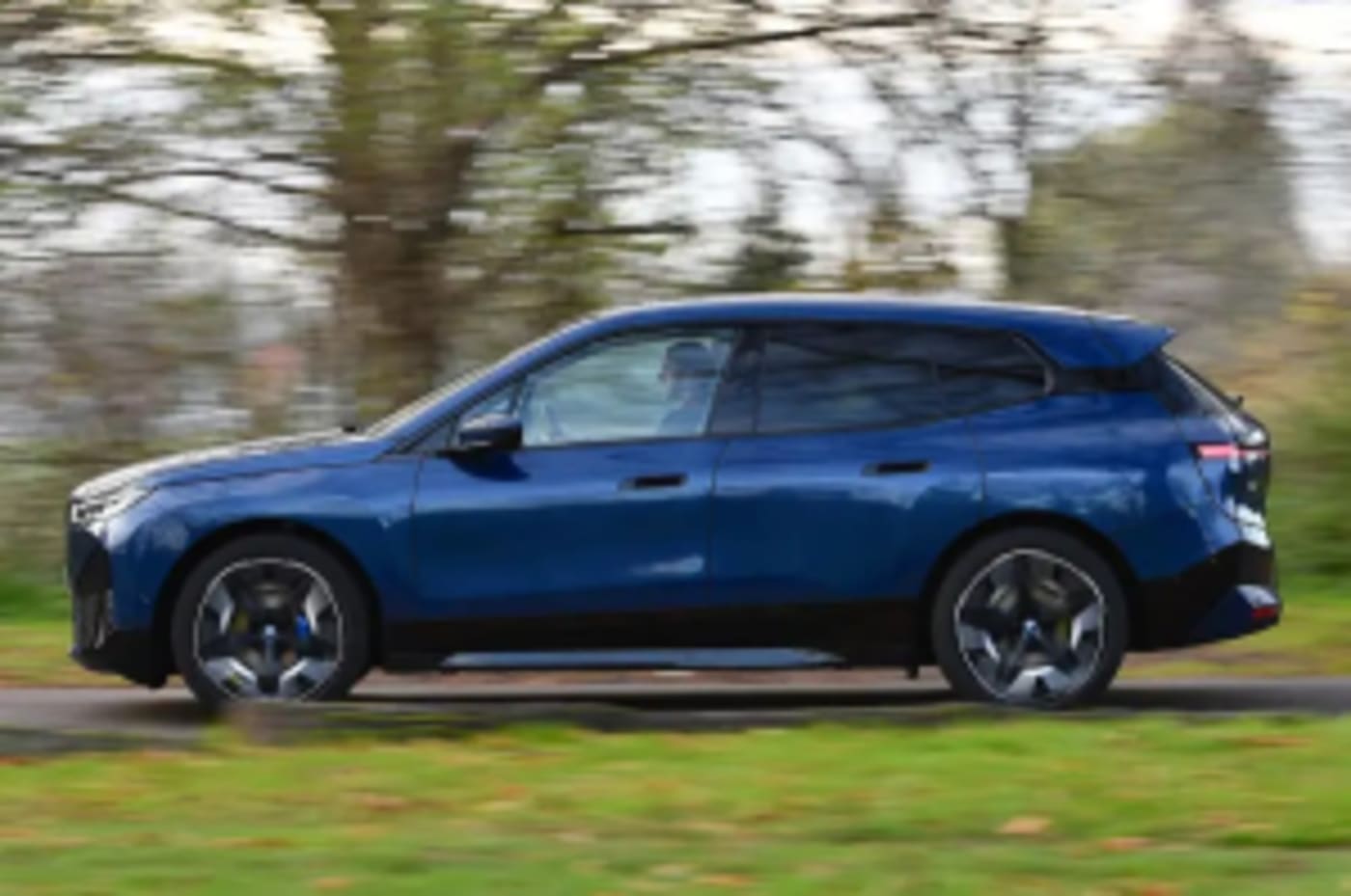
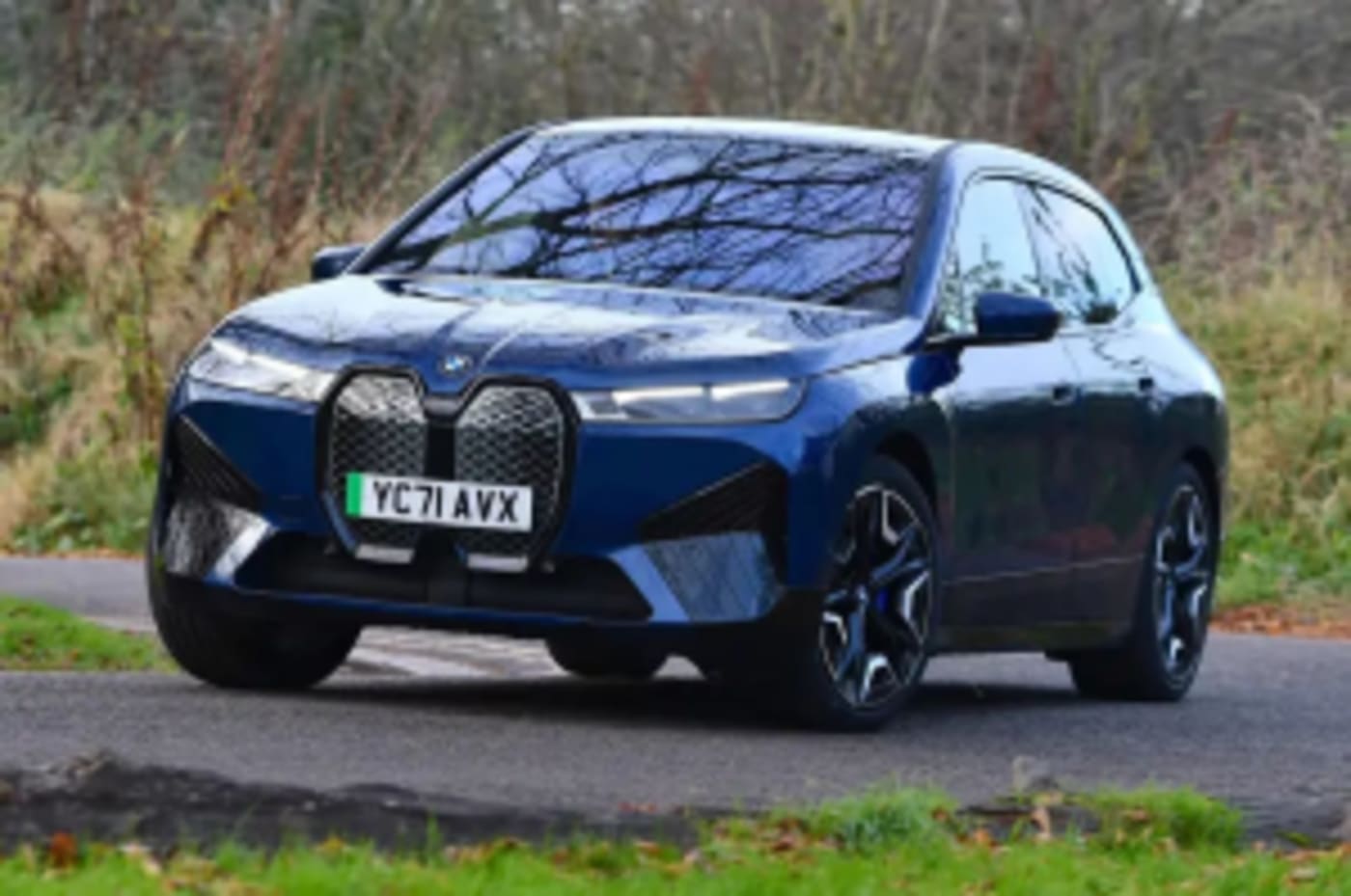

BMW electric vehicles
BMW is a global leader in the premium electric vehicle market. The company has been investing in electric vehicles for many years, and it now offers a wide range of electric vehicles, including cars, SUVs, and SAVs.
BMW is a German automaker that has been investing heavily in electric vehicles. The company currently offers a range of electric vehicles, including the iX, i4, iX3, and i7. BMW also plans to release a number of new electric vehicles in the coming years.
BMW's electric vehicle business is growing rapidly. In 2022, the company delivered over 215,755 fully-electric vehicles, a 107.7% increase over the previous year. BMW aims to double its sales of electric vehicles in 2023 and to increase its share of electric vehicles in its total sales to 50% by 2030.
Despite its success, BMW is facing some challenges in the electric vehicle market:
- Production capacity: BMW's current production capacity for electric vehicles is limited. This could constrain the company's growth in the electric vehicle market.
- Supply chain disruptions: BMW is facing supply chain disruptions due to the COVID-19 pandemic and the war in Ukraine. This could impact the production and delivery of BMW's electric vehicles.
- Competition: BMW is facing increasing competition from other automakers, such as Tesla, Volkswagen, and Mercedes-Benz.
What makes BMW EVs different from other brands?+
There are several key aspects that distinguish BMW EVs from those of other brands:
Design Philosophy:
- Evolution vs. Revolution: Unlike many brands opting for completely separate designs for their EVs, BMW currently utilizes existing platforms and adapts them for electric powertrains. This maintains the familiar sleek and sporty styling BMW is known for, while allowing customers to choose between powertrains without sacrificing brand identity. However, their iX model does stand out as a more futuristic design without a combustion counterpart.
- Performance Focus: Driving dynamics remain a priority for BMW, even in their EVs. They emphasize agile handling, powerful acceleration, and driver engagement, creating a sportier experience compared to some luxury competitors.
Technology and Features:
- Fast Charging: BMW's proprietary chargers can reach 80% battery capacity in as little as 40 minutes, surpassing popular options like Tesla's Superchargers. This offers a significant advantage for those concerned about charging speed and convenience.
- Cutting-edge Infotainment: BMW's iDrive 8 system boasts a futuristic interface and user-friendly design, offering advanced features like augmented reality navigation and voice control.
- Eco-conscious Approach: BMW prioritizes sustainability and has committed to being carbon-neutral by 2050. They utilize recycled materials and focus on efficient battery production to minimize their environmental impact.
Additional Considerations:
- Market Positioning: BMW currently focuses on offering luxury EVs, competing with brands like Tesla, Audi, and Mercedes-Benz. Their price points tend to be slightly lower than some competitors, while still offering a premium experience.
- Model Range: Currently, BMW's electric lineup is smaller than some rivals, but they are steadily expanding their offerings. They have models catering to different needs, from sedans and SUVs to the sporty i4 Gran Coupe.
Ultimately, the choice between BMW EVs and other brands comes down to individual preferences and priorities. If you value driving performance, efficient charging, and a luxurious experience with a familiar design language, BMW might be a strong contender.
What are the different models of BMW EVs available?+
As of January 2024, the current lineup of BMW electric vehicles EVs includes:
Sedans:
- BMW i4: A Gran Coupe with a sporty design and up to 352 miles of range. It offers two powertrain options: eDrive40 and M50.
SUVs:
- BMW iX: A luxurious and spacious SUV with up to 324 miles of range. It also comes in two variants: xDrive40 and M60.
- BMW iX3: A sporty and compact SUV with up to 285 miles of range.
Others:
- BMW i7: A luxurious sedan with up to 387 miles of range. It is the brand's flagship EV and offers a highly comfortable and technologically advanced driving experience.
- BMW iX1: A compact SUV expected to be released in 2023. It will likely offer a range of around 230 miles.
It's important to note that the range of each model can vary depending on factors such as driving conditions, weather, and battery age.
How much do BMW EVs cost?+
The price of a BMW EV can vary quite a bit depending on the specific model and trim you choose. Here's a quick rundown of the starting MSRPs for their current lineup as of January 3, 2024:
- BMW i4:
- eDrive35: $53,195
- eDrive40: $55,900
- M50: $67,300
- BMW iX:
- xDrive50: $84,100
- M60: $105,100
- BMW i7: $119,300
As you can see, the range starts in the mid-$50s for the base i4 model and goes all the way up to over $100,000 for the top-of-the-line iX M60 and i7.
Here are some additional factors that can affect the price:
- Options: Each model can be equipped with a variety of options, such as different wheels, interior materials, and tech packages, which can all add to the price.
- Dealer markup: Some dealerships may add a markup to the MSRP, especially for popular models or in areas with high demand.
- State and local incentives: Some states and cities offer incentives for purchasing electric vehicles, which can help to offset the cost.
If you're interested in a specific model, I recommend visiting the BMW website or contacting a local dealership to get a more accurate estimate of the price. You can also use online tools like Kelley Blue Book or Edmunds to get an idea of how much similar used models are selling for.
What is the range of BMW EVs?+
The range of BMW EVs varies depending on the specific model and driving conditions. However, here's a general overview:
EPA Estimated Range:
- All-electric BMWs offer EPA ranges up to over 300 miles 483 km on a single charge.
- Some specific models offer:
- BMW iX xDrive40: Up to 420 km 261 miles
- BMW iX1 eDrive20: Up to 475 km 295 miles
- BMW i5 eDrive40: Up to 582 km 362 miles
- BMW i7 xDrive60: Up to 625 km 390 miles
Real-World Range:
- It's important to remember that real-world range can be different from EPA estimates. Factors like driving style, weather conditions, terrain, and even tire pressure can affect how far your BMW EV can go on a single charge.
- Generally, you can expect real-world range to be 10-20% lower than EPA estimates.
Factors Affecting Range:
- Driving style: Aggressive driving with frequent acceleration and braking will reduce range.
- Weather: Extreme temperatures hot or cold can reduce range.
- Terrain: Hilly terrain or driving uphill will use more energy and reduce range.
- Tire pressure: Underinflated tires increase rolling resistance and reduce range.
Tips for Maximizing Range:
- Drive smoothly and avoid unnecessary acceleration and braking.
- Use Eco Pro mode when possible.
- Pre-condition your car before driving in extreme temperatures.
- Maintain proper tire pressure.
- Use regenerative braking to recover energy when slowing down.
How long does it take to charge a BMW EV?+
The charging time for a BMW EV depends on several factors, including:
1. The specific BMW EV model: Different models have different battery capacities and charging capabilities. For example, the BMW i3 takes about 11 hours to fully charge with a home charger, while the BMW i4 can reach 80% charge in 30 minutes using a DC fast charger.
2. The type of charger used: There are three main levels of chargers:
- Level 1: A standard 120V outlet, the slowest option, adding about 4 miles of range per hour.
- Level 2: A 240V charger, commonly installed at homes, offering much faster speeds, around 30 miles per hour.
- Level 3 DC fast charging: The fastest option, found at public charging stations, adding up to 90 miles of range in 10 minutes.
3. The starting battery level and desired end level: You don't always need to fully charge your car, and charging times will be shorter for smaller increases in range.
Here are some estimated charging times for common BMW EVs:
- BMW i3:
- Level 1: 24 hours
- Level 2: 11 hours
- DC fast charging: 30 minutes 80% charge
- BMW i4:
- Level 2: 8.25 hours
- DC fast charging: 30 minutes 80% charge
- BMW iX:
- Level 2: 7.5 hours
- DC fast charging: 40 minutes 80% charge
For a more accurate estimate for your specific model and charging situation, you can consult the following resources:
- BMW EV charging website: Link
- BMW EV car manual: Check the section on charging for specific time estimates.
- Third-party EV charging apps: Apps like PlugShare and EVgo can provide real-time information on charging station availability and charging times.
What are the maintenance requirements for a BMW EV?+
While you ditch the oil changes with a BMW EV, some maintenance is still needed to keep your ride running smoothly and efficiently. Here's what you can expect:
Less frequent, but still important:
- Brake fluid: Unlike gas-powered cars, EVs rely heavily on regenerative braking, so the brake fluid needs regular changing, typically every 20,000 miles or 2 years.
- Coolant system: Similar to gas cars, EVs have a cooling system for the battery pack and charger. The coolant may need a flush or recharge at recommended intervals depending on your model.
- Cabin and air filters: Keep your air circulation fresh by replacing these filters every 20,000 miles or 2 years.
Routine checks and adjustments:
- Tire rotation and alignment: EVs are heavier due to the battery pack, leading to faster tire wear. Schedule rotations every 5,000 to 10,000 miles and alignments every 15,000 miles for optimal driving.
- Wiper blades and fluid: Ensure clear vision by checking these every 20,000 miles or 2 years and replacing them when worn.
Special care for the battery:
- Charge wisely: Avoid extreme temperatures and fast charging whenever possible to prolong battery life.
- Follow manufacturer recommendations: Each BMW EV model may have specific battery maintenance guidelines, so consult your owner's manual for details.
Remember:
- Condition Based Service CBS: Most BMW EVs utilize a CBS system that monitors various components and alerts you when specific services are needed, taking the guesswork out of maintenance.
- Expert help: Always trust a BMW certified technician for servicing your EV, as they are trained in handling the intricacies of electric powertrains.
Overall, BMW EVs require far less maintenance than gas-powered cars, making them a cost-effective choice in the long run. By following these simple guidelines, you can enjoy a smooth and worry-free ride with your BMW EV.
Does BMW offer any tax credits or incentives for purchasing an EV?+
As of today, January 3, 2024, the situation with BMW EV tax credits is a bit complicated due to changes in US policy:
For new BMW EVs purchased in 2023 or later:
- Most BMW EVs are no longer eligible for the full $7,500 federal tax credit. This is because they don't meet the new battery sourcing requirements of the Inflation Reduction Act IRA.
- However, some high-priced BMW EVs like the i7 and ix may still qualify for a reduced credit of $9,900. This involves additional requirements on critical mineral sourcing and income limitations.
- Used BMW EVs purchased in 2023 or later may be eligible for a new $4,000 tax credit, but only if bought from a dealer and under specific price and ownership conditions.
For BMW EVs purchased before April 18, 2023:
- They may still qualify for the full $7,500 tax credit. However, the amount may be reduced depending on the model's battery size and manufacturer phase-out.
To give you a more precise answer, I need to know:
- Which specific BMW EV model are you interested in?
- When would you be buying it?
Once I have this information, I can check the specific eligibility and potential credit amount for your situation.
Here are some resources that you can also consult:
- IRS website: Link
- Fuel Economy website: Link
- BMW website: Link
What is the warranty on a BMW EV?+
BMW offers a comprehensive warranty package for its EVs, including coverage for the:
New Vehicle Limited Warranty:
- 4 years / 50,000 miles 80,000 km warranty covers repairs for defects in material and workmanship for all vehicle components, except the high-voltage battery.
- 3 years / 36,000 miles 58,000 km complimentary scheduled maintenance for all EVs.
High-Voltage Lithium-Ion Battery Limited Warranty:
- 8 years / 80,000 miles 128,000 km warranty covers repair or replacement of the battery in case of defects.
Corrosion Warranty:
- 12 years / Unlimited miles Unlimited km warranty protects against perforation from rust or corrosion.
Additional points to consider:
- These are the general warranty coverages, specific terms and conditions may vary depending on your location and the specific model year of your EV.
- BMW offers extended warranty options that can increase your coverage beyond the standard terms.
- The BMW Certified Pre-Owned program for EVs carries a separate warranty depending on the vehicle's age and mileage.
Here are some resources where you can find more details about the BMW EV warranty:
- BMW USA Warranty Page: Link
- BMW UK i Warranty Guidelines: Link
- BMW Australia Personal Services: Link
Where can I learn more about BMW EVs?+
There are many places you can learn more about BMW EVs, depending on what you're most interested in. Here are a few options:
- The BMW website: The BMW website has a dedicated section for its electric vehicles, called "BMW i". Here you can find information on all of BMW's current EV models, including the iX, i4, iX3, iX1, and i7. You can also learn about BMW's commitment to electric mobility and its plans for the future.
- Car review websites and magazines: There are many car review websites and magazines that cover EVs, including BMW's. Some popular options include Car and Driver, Motor Trend, and Edmunds. These websites and magazines can provide you with detailed information on specific BMW EV models, as well as comparisons to other EVs on the market.
- YouTube: There are many YouTube channels that focus on EVs, including BMW's own channel. On these channels, you can find videos that review BMW EVs, compare them to other EVs, and provide tips on how to get the most out of your EV.
- Your local BMW dealership: Your local BMW dealership can be a great resource for learning more about BMW EVs. The salespeople at the dealership can answer your questions about specific models, and they may even be able to let you take a test drive.
Once you've done some research online, you can also consider taking a test drive of a BMW EV. This is the best way to get a feel for what it's like to drive an electric car and to see if a BMW EV is right for you.
